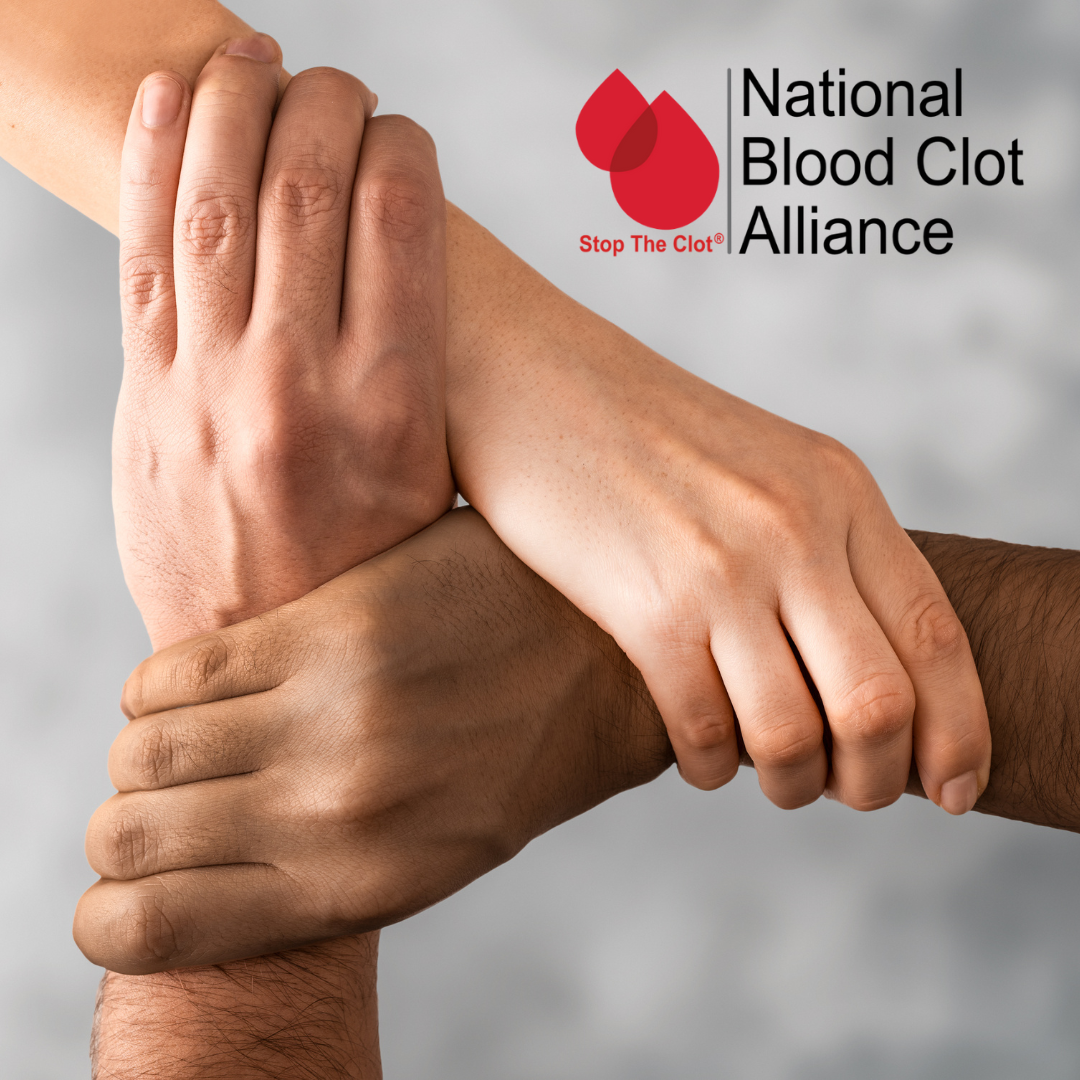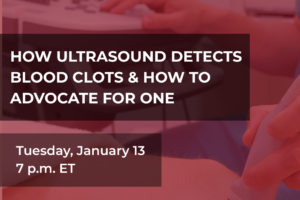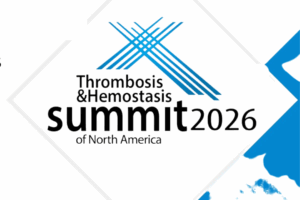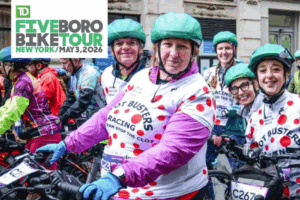We recently asked a question on our social media platforms: What was the most important thing that you’ve learned since your blood clot diagnosis?
Based on the overwhelming response, it’s clear that you’ve learned a lot. We’ve gathered the responses here so you can learn from other blood clot patients and feel comforted by the fact that you are not alone.
In order for doctors to listen to me, I need to show self-care, advocacy, and confidence. Some of these are difficult for me to do.
It’s not a death sentence. Diagnosed at 26 and I’m 52. Had two babies, and two surgeries, and realized I’m stronger every day!
Blood clots are more common than you think! They can happen to anyone!
The anxiety is real!
I can’t believe my insurance company would not pay for a test for factor V, even after I already had two different incidents of deep vein thrombosis and two pulmonary emboli. So I paid for it myself.
My hematologist told me, “You’ve had factor V Leiden your entire life. It decided to present itself when you were 55 years old. It is hereditary.”
Don’t wait for tomorrow.
My previous healthcare provider let me down, and so I learned how to speak up for myself.
I am tougher than I knew. There really is an opportunity in every crisis. This has prompted me to be proactive about a healthy lifestyle. There is always something you can do. Everybody has something, this is just my something.
I’ve learned life is so fragile and tomorrow is not promised, so live life to the max.
I learned that I am not alone!
I learned to never take another day for granted and to always listen to the signs my body is giving me.
Being more informed could have led to better decision-making. The things I thought I was doing to improve my health likely contributed to my clots (marathon training resulting in repeated motion, micro-injuries, and increased inflammation; and taking estrogen-based birth control for 22 years to manage suspected endometriosis).
I should have learned more about my family’s health history and that should be an open and ongoing discussion.
Every moment matters and ignoring the symptoms could be fatal.
An increased heart rate could be a sign of another PE. This is something I can monitor using my smart watch and it’s something that gives me some peace of mind when I get heartburn so I don’t keep running to the ER.
Blood clot risks connected to birth control should be discussed more! Family history of clots should be looked into more when prescribing contraception to women.
I learned that you can have a blood clotting disorder even if you have no family history or blood clots. I also learned about the various risk factors that can provoke blood clots.
Advocating for yourself in the hospital is so important otherwise I would’ve been sent home with reflux tablets.
Blood clots can affect anyone, so it’s important to maintain an active and healthy lifestyle.
You are the best advocate for your health, so you should do everything in your power to find out all the info you need to know regarding your condition and to stand your ground when healthcare providers dismiss your case.
You should not ignore symptoms when you think something is wrong. Prevention is better than a cure.
Life is very short so making a change should not be delayed. Start today.
Even if you are fit and healthy, you can still get blood clots and other illnesses so always listen to your body.
Every day is not guaranteed, so enjoy life, and spend time with family and loved ones.
I am not alone, so I should not be afraid to ask questions, but it’s also important to also keep in mind that everyone’s case is different so the effects, healing/recovery are also different.
I should take it slow and not pressure myself too much, as healing takes time. At the same time, I should also try and push myself harder (what I can tolerate) every day in order to get better.
It’s important to know risk factors and follow the doctor’s advice and treatment plan.
I should love and understand myself more despite whatever I am going through. I have family and friends who love me and care for me. I should not take that for granted.
It’s OK to not be OK. It’s normal to be scared.
Take every day as it is, one step at a time.
Know the signs and symptoms so that you know when to get checked out. Ignoring them can lead to worsening symptoms and even death.
Your voice and opinion matter just as much as the doctor’s.
It’s OK to ask for help whether it’s from family and friends or survivors like you.
I learned to prioritize people who make me happy and to limit time with people who don’t. Some folks don’t get any time at all anymore. I learned to never take those I love for granted.
The doctors will not always explain what is happening or what to expect. They often expect the specialist you go to will cover all of that. In most cases, you’re booking months out and doing your own research. Symptoms may be ignored if you don’t fit the profile of someone they expect to clot. The first time, doctors tried to send me home and told me to lose weight. The second time, even with a proven prior clot, they still thought it was nothing.
I’m stronger than I could ever imagine!
Hormones can cause blood clots and having a baby needs to be planned and watched. Also, no more pill birth control for me.
You will most likely have to coordinate your own “rehab” after. This can be very confusing since there are many specialties. If you can pick a health system in your area that is using the same Electronic Health Care System, do so. All specialists will have access to your information and you do not need to try to remember all details. For example, my primary care, emergency care, cardiologist, pulmonologist, nutritionist, and OB/GYN all use the same system. The only one missing is the hematologist.
I learned to be accountable for how I could affect the outcome. My medication and lifestyle changes were 100% in my control. I made “me” a priority.
How blood thinners work and how clots break down.
Question everything. Do your own research and be your own advocate.
I learned so many things. My top five that propelled me forward:
- Being my own advocate and finding a pulmonary specialist provided me with the hope that I am not alone.
- Finding a pulmonary rehab program to build my self-confidence back.
- Learning to never give up on me. My life is an ocean of ebb and flow. Learning never stops and growth has not ceased.
- Rest and mindfulness are as important as the active goals I set for myself. Without both, I am not in balance.
- Support groups such as this and finding out my symptoms are not all in my head. I see success in others and reflect, then I realize my successes as well.
Step by step (literally) I am on a completely different path, getting stronger and actually living instead of just surviving.
I learned the benefits of yoga and meditation to treat PTSD that I experience since my pulmonary emboli.
The Stop the Clot website has been important to me and made me realize not to panic at every little twinge I have.
Push for answers. You know your body best.
Learn all I can about blood clot survival and to talk about my experiences to anyone that will listen. To be thankful I was spared and had good medical care.
Listen to your body. I had warning signs but didn’t want to go to ER. I’m so glad I did!
Thank you all for sharing what you have learned with the Stop the Clot® Community! Remember, you are not alone. We are in this together.
Connect with other blood clot patients by joining our Facebook support group and learn more about living with blood clots by downloading our New Patient Resource Guide.







